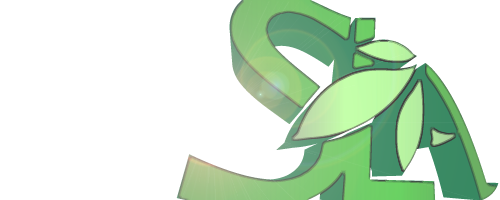Dear All, Here is the presentation I just made to the IPC Hearing regarding the Vickery Extension on behalf of AACSGaM. Stay safe, Bea
4th July, 2020
Armidale Action on Coal Seam Gas and Mining is one of several action groups of Sustainable Living Armidale (SLA). The Group has 113 members on its mailing list, SLA 585 which would correspond to over 24,000 and 116,000 people in Sydney, respectively.
While we are not opposed to mining in principle, supporting farmers to protect the Liverpool Plains and its agriculture from coal mining was one of the concerns which led to the formation of the Group in August, 2011.
In October 2018 SLA objected to the Vickery Mine Extension proposed by Whitehaven Coal due to the risks and adverse effects this extension would have on Aboriginal cultural heritage, the local community, biodiversity, agriculture, climate change as well as ground and surface water.
SLA’s presentation at the Commission Public Hearing in February, 2019, was prepared by Dr Kerri Clarke, then environmental representative on the Community Consultative Committee of the Maules Creek Coal Mine operated by Whitehaven Coal. Dr Clarke, stated
The general public believe that there are protection measures in place that keep mining companies in check, but I have experienced that these requirements are easily changed or breaches result in an insignificant fine.
Based on my experience as the Maules Creek Coal Mine Community Consultative Committee environmental representative, I completely understand why members of the community do not have faith in Whitehaven Coal being able to consider the environment or the community in which it operates.
The Assessment Report on the Vickery Extension Project prepared by the NSW Department of Planning, Industry and Environment fails to allay the concerns leading to our objections in 2018 and 2019.
In paragraph 692 of the Report, the Department acknowledges
that the Scope 3 emissions from the combustion of product coal is a significant contributor to anthropological climate change and the contribution of the Project to the potential impacts of climate change in NSW must be considered in assessing the overall merits of the development application.
During the summer of 2019-2020 NSW suffered from actual impacts of climate change. The Climate Council’s report Summer of Crisis [1] states
A long-term drought and sustained high temperatures throughout the year set the scene for the catastrophic bushfires. The bushfires were followed by torrential rainfall, damaging gales, hailstorms and flooding in many areas, including northern New South Wales, Sydney and the Illawarra region. Unfortunately, this rainfall did not penetrate inland very far, leaving most of New South Wales still in drought.
According to an article in the Guardian [2], the Australian Government estimates that, if compared with international emissions, the Australian temperate forest bushfires between September and February would rank sixth on a list of polluting nations. While temperate forests used to eventually recover from bushfire and reabsorb most of the released carbon dioxide, rising climate change impacts, including droughts or more frequent and intense fires, could affect the ability of forests to recover [2].
In short, burning fossil fuels leads to climate change which leads to bushfires which in turn lead to a more rapidly changing climate. This is one of several feedback loops which endanger the capacity of the Earth’s systems to sustain us. Science tells us that we must put an immediate stop to the extraction and burning of coal to maintain a liveable environment for future generations. This must be our highest priority.
Consequently and contrary to the Department’s Report, the project is not in the public interest and is not approvable.
On behalf of Armidale Action on Coal Seam Gas and Mining and in solidarity with the Aboriginal Custodians, the Gomeroi People, and with farmers and communities across the North West, I call on you to reject the Department’s recommendation to approve the Project.
[1] Summer of Crisis, Climate Council, 2020 https://www.climatecouncil.org.au/wp-content/uploads/2020/03/Crisis-Summer-Report-200311.pdf
[2] Summer’s bushfires released more carbon dioxide than Australia does in a year, The Guardian, 21st April, 2020 https://www.theguardian.com/australia-news/2020/apr/21/summers-bushfires-released-more-carbon-dioxide-than-australia-does-in-a-year


